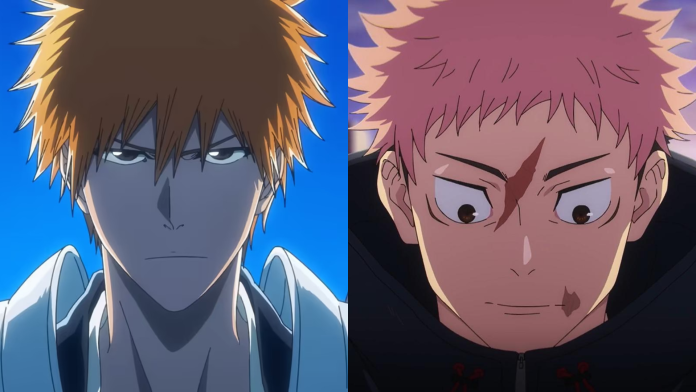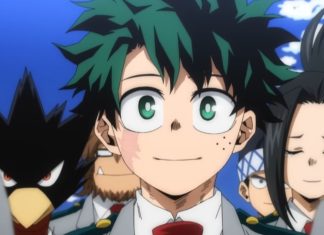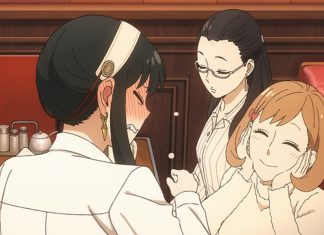In the world of shonen manga and anime, few series have left as indelible a mark as Bleach by Tite Kubo and Jujutsu Kaisen by Gege Akutami. Both stories plunge ordinary teenagers into realms of supernatural battles, blending high-stakes action with themes of fate, power, and human resilience. But is Jujutsu Kaisen directly inspired by Bleach? The answer is a resounding yes, as confirmed by Akutami himself in various interviews. This article delves into the creators’ backgrounds, the explicit influences, and the striking similarities between the two series, while highlighting what makes each unique.
Tite Kubo and the Legacy of Bleach
Tite Kubo, born on June 26, 1977, in Hiroshima Prefecture, Japan, is a renowned mangaka whose work has shaped the shonen genre. He debuted in Weekly Shonen Jump in 1996 with the one-shot “Ultra Unholy Hearted Machine,” but it was Bleach that catapulted him to fame. Serialized from 2001 to 2016, Bleach spans 74 volumes and follows Ichigo Kurosaki, a high school student who gains the powers of a Soul Reaper after a chance encounter with Rukia Kuchiki. Soul Reapers are guardians who protect the living world from Hollows—malevolent spirits born from lingering regrets.
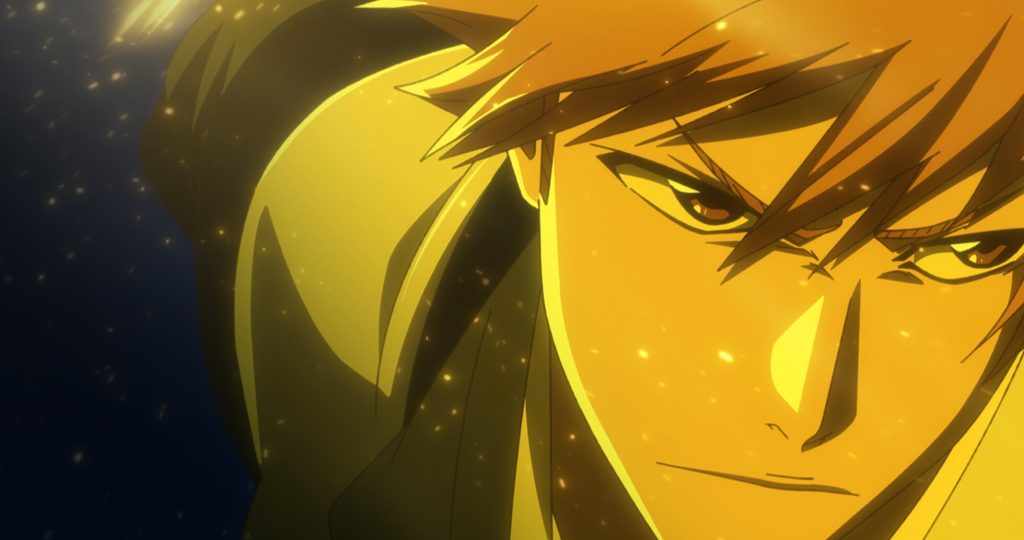
The series is celebrated for its stylish character designs, intricate sword-based combat system (including Zanpakuto releases like Shikai and Bankai), and exploration of afterlife lore drawing from Japanese folklore and Western influences. The anime adaptation, produced by Studio Pierrot, aired from 2004 to 2012 with 366 episodes, plus movies and a 2022 revival for the Thousand-Year Blood War arc. Kubo’s art style, characterized by sharp lines, dramatic poses, and a blend of punk aesthetics with traditional samurai elements, has influenced countless creators. Post-Bleach, Kubo has worked on one-shots and the spin-off Burn the Witch, maintaining his status as a pillar of shonen storytelling.
Gege Akutami and the Rise of Jujutsu Kaisen
Gege Akutami, a pseudonym for the reclusive artist born on February 26, 1992, in Iwate Prefecture, Japan, entered the manga scene with a bang. Akutami’s real identity remains private, adding an air of mystery to their persona. They debuted in 2014 with the one-shot “Kamishiro Sousa,” but Jujutsu Kaisen (often abbreviated as JJK) became their breakout hit. Serialized in Weekly Shonen Jump since 2018, the manga concluded in 2024 after 27 volumes, chronicling Yuji Itadori’s journey after he swallows a cursed finger, becoming the vessel for the ancient curse Ryomen Sukuna. As a jujutsu sorcerer, Yuji attends Tokyo Jujutsu High to battle cursed spirits—manifestations of negative human emotions.
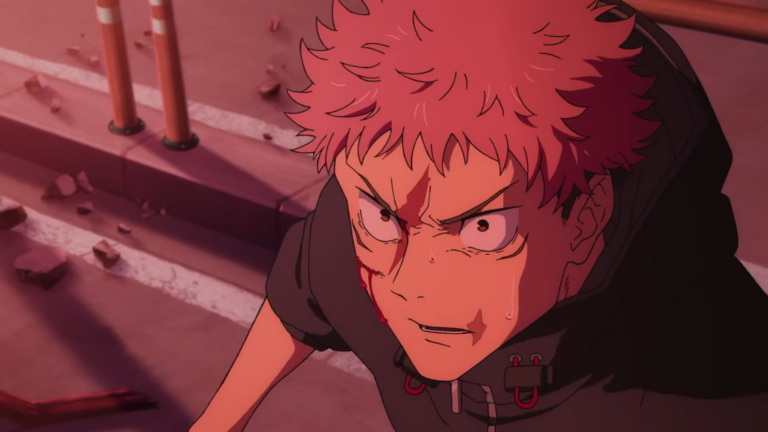
Akutami’s style emphasizes gritty, visceral fights, complex curse techniques (like Domain Expansion), and Buddhist-inspired symbolism. The anime, animated by MAPPA, premiered in 2020 and has two seasons plus a movie (Jujutsu Kaisen 0), earning acclaim for its fluid animation and intense battles. Akutami draws from various sources, including horror films and other manga, but has openly credited Bleach as a foundational influence that sparked their passion for manga creation.
Gege Akutami’s Deep-Rooted Inspiration from Tite Kubo
Akutami’s admiration for Kubo isn’t subtle—it’s profound and well-documented. In a 2021 special talk published in the Jujutsu Kaisen fanbook, Akutami revealed that Bleach was the catalyst for their manga career, stating they started drawing because of Kubo’s series. During middle school, Akutami even compiled a Bleach-inspired poem anthology titled Kumo no Kyojin (The Cloud Giant), showcasing early creative homages.
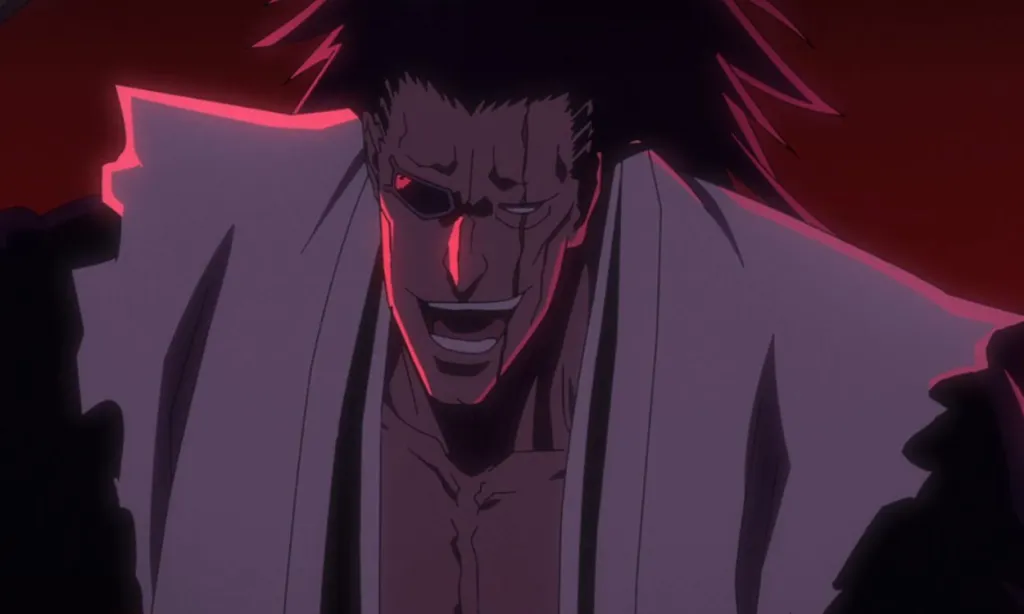
In interviews, Akutami has elaborated on specific inspirations. For instance, the character Aoi Todo—a muscular, battle-loving sorcerer—was modeled after Kenpachi Zaraki, the ferocious captain from Bleach‘s Soul Society. Todo’s name was chosen for its “strong” connotation, mirroring Zaraki’s imposing presence. Akutami also drew from Bleach‘s narrative framework for JJK’s first chapter, emphasizing a protagonist thrust into a supernatural duty without full understanding of their powers. While Akutami appreciates comparisons to Bleach, they believe direct equating undervalues each series’ uniqueness.
Akutami’s influences extend beyond Bleach to include Hunter x Hunter, Neon Genesis Evangelion, and Naruto, but Kubo’s impact is foundational, shaping JJK’s blend of action and character depth.
Striking Similarities Between the Manga and Anime
Fans and critics alike have noted numerous parallels between Bleach and Jujutsu Kaisen, making JJK feel like a modern evolution of Kubo’s formula. Both protagonists—Ichigo and Yuji—are everyday high schoolers who gain extraordinary abilities after ingesting or encountering a powerful entity (Hollow powers for Ichigo, Sukuna’s finger for Yuji), pulling them into hidden societies of warriors.
Thematically, both explore supernatural threats: Hollows vs. Cursed Spirits, with battles involving specialized techniques. Bleach‘s Bankai—a ultimate sword release—echoes JJK’s Domain Expansion, a reality-altering barrier technique. Character dynamics mirror each other too: the core trios (Ichigo, Rukia, Orihime in Bleach; Yuji, Megumi, Nobara in JJK) feature a hot-headed lead, a stoic ally, and a feisty supporter. Antagonists like Aizen and Sukuna manipulate from within vessels, adding layers of internal conflict.
In anime form, both boast dynamic fight choreography and soundtracks that amplify the drama. MAPPA’s fluid animation in JJK pays homage to Pierrot’s work in Bleach, with shared tropes like training arcs and escalating power levels. These elements position JJK as Bleach‘s “true successor,” blending homage with innovation.
Differences and What Sets Them Apart
Despite the inspirations, Jujutsu Kaisen carves its own path with a darker tone, emphasizing horror and inevitable tragedy—characters often meet grim fates, unlike Bleach‘s more heroic resolutions. Akutami’s Buddhist motifs contrast Kubo’s mix of Shinto and Christian elements, and JJK’s curse system feels more psychological than Bleach‘s soul-based lore. While Bleach spans grand arcs like the Arrancar saga, JJK maintains a tighter narrative, focusing on personal growth amid chaos.
Conclusion: A Chain of Inspiration in Shonen Evolution
Gege Akutami’s Jujutsu Kaisen is undeniably inspired by Tite Kubo’s Bleach, from direct character nods to overarching themes of battling inner and outer demons. This connection enriches both series, showing how shonen manga builds on its predecessors to push boundaries. Whether you’re a fan of Soul Reapers or Jujutsu Sorcerers, exploring these links reveals the collaborative spirit of the genre. As Akutami continues to evolve, Kubo’s influence ensures Bleach‘s legacy lives on in new forms.
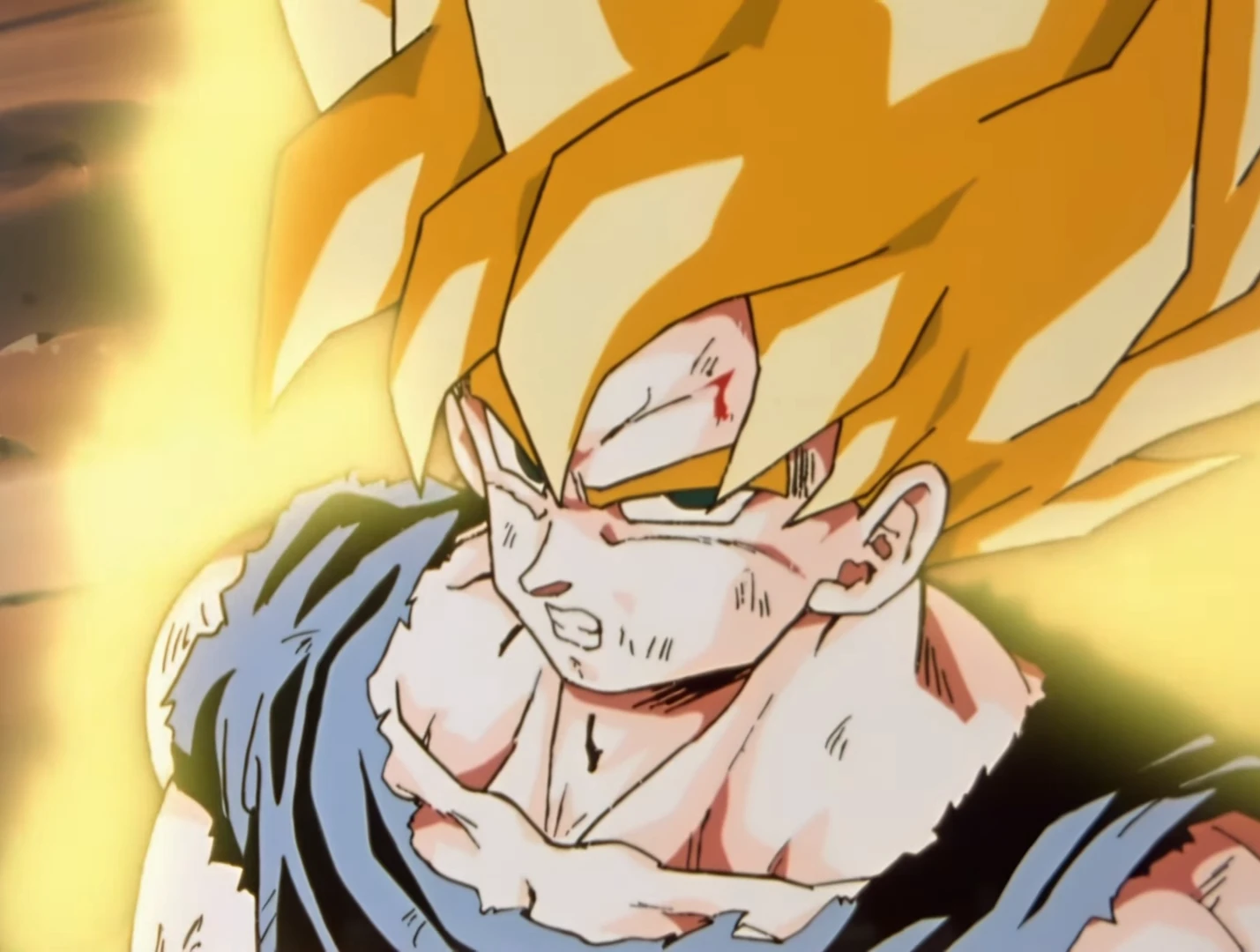
Hello, I am a huge anime fan with a decent experience in writing articles regarding the anime industry.
